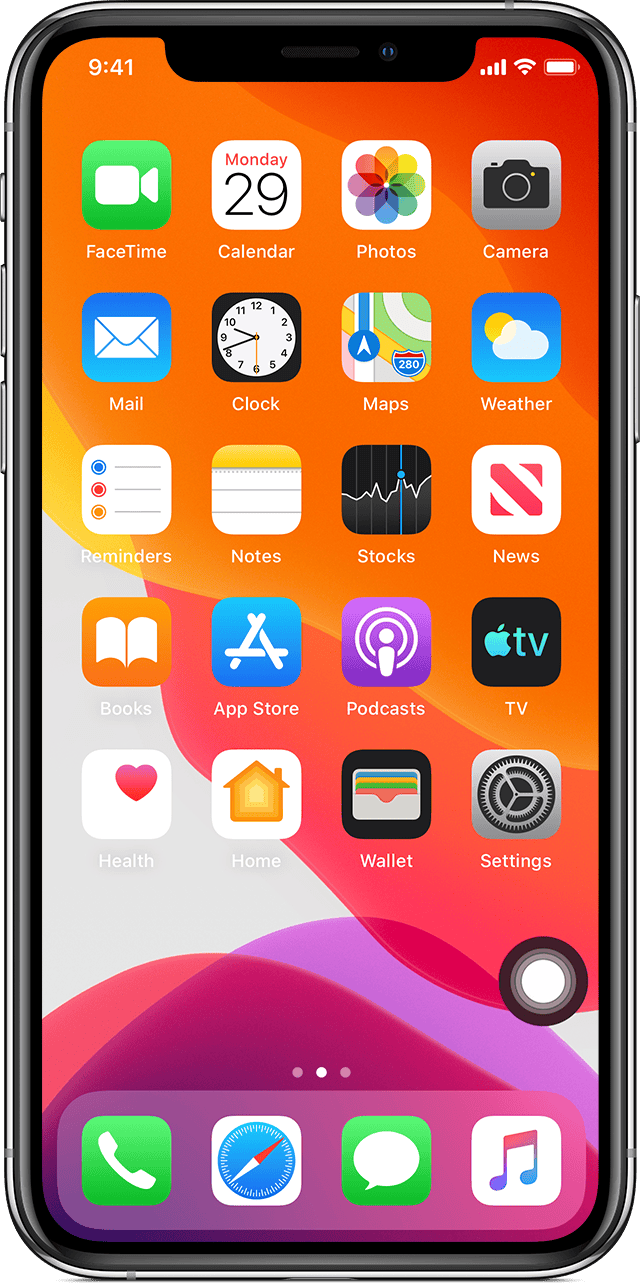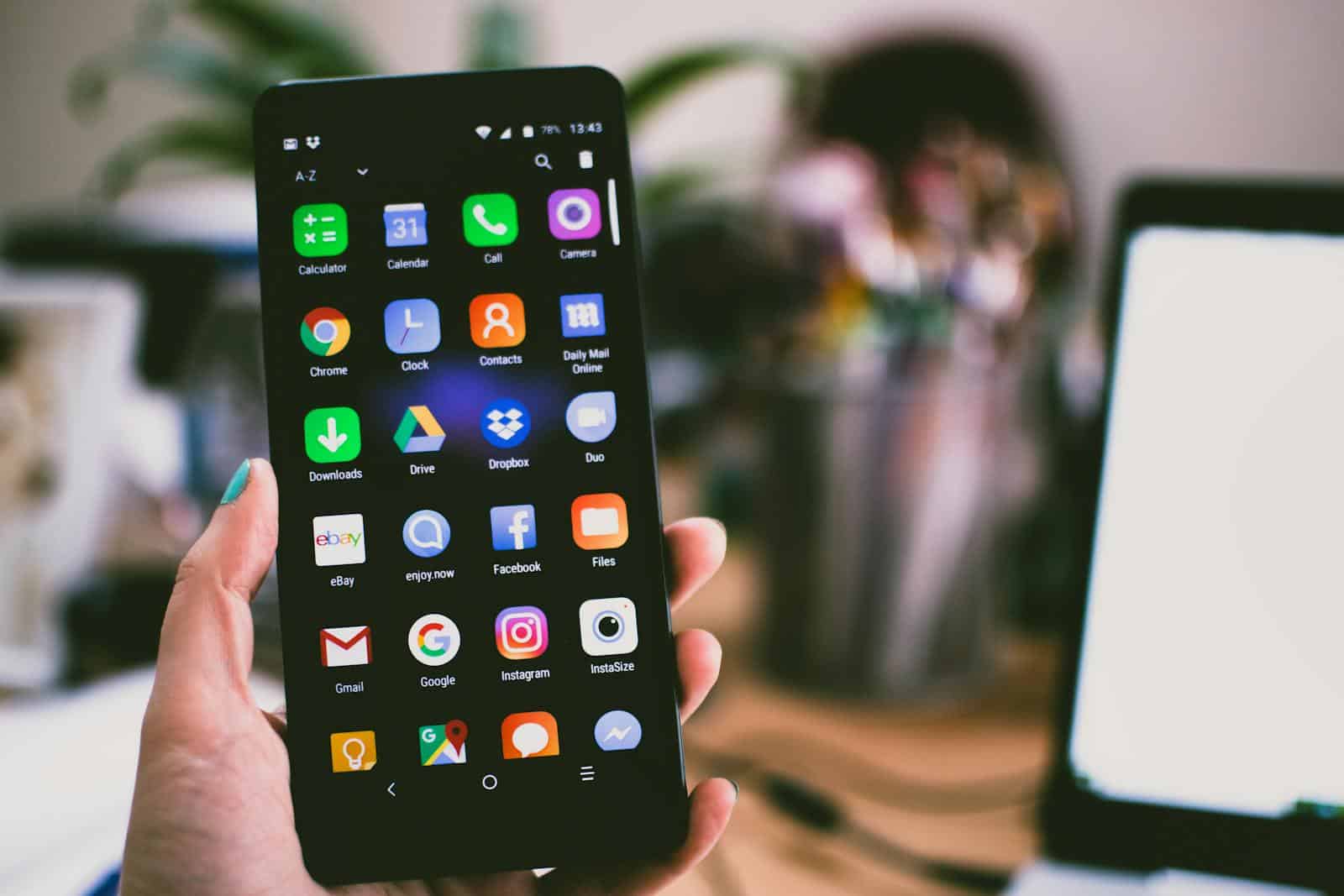The search for alternatives to Android has become more popular as people seek more customization and privacy. Open source mobile operating systems are gaining popularity because they allow users to modify and distribute the software, unlike the closed systems of Android and iOS. Many of these alternatives are based on the stable Linux platform, providing a familiar environment for developers and tech enthusiasts. Some standout options include Plasma Mobile, which offers convergence across devices, and other systems like Ubuntu Touch and LineageOS, which continue to push the boundaries of mobile operating systems.
These open source systems prioritize user privacy and transparency, resonating with those wary of the data practices of larger corporations. The mobile OS landscape offers various choices for those seeking alternatives to Google’s Android and Apple’s iOS, but users must consider factors like app availability, device compatibility, and community support when selecting an alternative OS. These open source systems aim to empower users and promote diversity in mobile computing.
Exploring Smartphone Operating Systems
Android, owned by Google, is the dominant smartphone operating system globally. However, it’s not the only choice. Several alternatives offer different features, privacy levels, and user experiences.
Apple’s iOS
While not an “alternative” in the strictest sense, Apple’s iOS is the main competitor to Android. It offers a tightly integrated ecosystem, smooth performance, and a focus on user experience.

- Pros: Seamless integration with Apple devices, regular updates, strong app ecosystem, intuitive interface.
- Cons: Less customization, higher price point, walled garden approach.
Open-Source Android-Based Options
These options build on the Android Open Source Project (AOSP) but remove Google’s services and add privacy enhancements.
| Operating System | Key Features | Pros | Cons |
|---|---|---|---|
| LineageOS | Customizable, frequent updates, active community | Privacy-focused, wide device compatibility | Requires technical knowledge for some features |
| /e/OS | Privacy-centric, replaces Google services with its own | De-Googled experience, user-friendly | Limited app selection |
| GrapheneOS | Hardened security, focused on privacy | Strong security features | Limited device compatibility |
Non-Android Open-Source Alternatives
These systems provide a completely different experience from Android.
| Operating System | Key Features | Pros | Cons |
|---|---|---|---|
| Ubuntu Touch | Convergent design, unique interface | Innovative approach, privacy-focused | Limited app ecosystem |
| Plasma Mobile | KDE-based, customizable | Familiar for Linux users, flexible | Still in development, limited app compatibility |
| Sailfish OS | Gesture-based, distinct UI | Smooth experience, privacy-conscious | Smaller app selection, learning curve |
Why Consider Alternatives?
- Privacy: Many alternatives prioritize user privacy and data protection.
- Customization: Some offer extensive customization options for a personalized experience.
- De-Googled Experience: Open-source options remove Google’s services and tracking.
- Supporting Open Source: Using these systems supports community-driven development.
- Different Philosophy: Apple’s iOS offers a different approach with its focus on integration and user experience.
Choosing the Right Alternative
Consider your priorities. If privacy is paramount, GrapheneOS or /e/OS might be ideal. For customization, LineageOS or Plasma Mobile offer flexibility. If you want a unique interface, explore Ubuntu Touch or Sailfish OS. If you value a seamless ecosystem and user-friendly experience, Apple’s iOS might be the right choice.
Research each option, try them out if possible, and choose the one that best suits your needs and values. The world of smartphone operating systems is wider than you might think!
Key Takeaways
- Open source mobile OS options offer alternatives to Android and iOS.
- Systems like Plasma Mobile and LineageOS emphasize customization and privacy.
- Choosing an alternative OS involves considering app support and device compatibility.
Open-Source Operating Systems
Open-source operating systems provide alternatives to proprietary options like Android and iOS. They cater to those prioritizing privacy, security, and customization.
Linux-Based Alternatives
Linux serves as the backbone for many open-source mobile operating systems. Ubuntu Touch, developed by the UBports community, offers a user-friendly experience. Plasma Mobile by KDE is another example, aiming to give users control over their device.
The Role of Open-Source Communities
Open-source communities drive innovation and foster security. Enthusiasts and developers come together to improve systems like PostmarketOS and LineageOS. Their collaboration leads to more secure and private mobile environments.
Popular Linux Distributions for Mobile
Several Linux distributions have become popular for mobile use. For privacy, there are options like GrapheneOS and /e/ that limit data exposure. For those looking for a Linux phone, Purism’s Librem 5 focuses on security and privacy. Sailfish OS and Replicant also provide open-source alternatives, with the former offering compatibility with existing Android apps.
Market Dynamics and User Considerations
The competition between Android alternatives influences both market dynamics and user choices. Consumers must weigh factors such as hardware compatibility, privacy, and ecosystem support when selecting a smartphone.
Consumer Choices and Market Competitors
Consumers today face a range of choices beyond the dominant players, Google and Apple. Brands like Samsung and Huawei offer their own twists on Android, each with unique features. Market share is fluid, with companies vying for consumer attention through innovation and competitive pricing. Companies that secure personal data and cater to privacy may sway users concerned with data collection practices brought to light by figures like Edward Snowden.
Privacy and Security in Android Alternatives
Privacy protection is a primary concern for consumers. Android alternatives must prioritize securing user data against threats. While Google’s Android platform is known for its extensive app ecosystem, it also raises concerns regarding data collection and third-party access. Alternatives such as Librem smartphones focus on privacy, offering options for users to manage their own security settings more closely.
Hardware and Ecosystem Support
Hardware choices impact a user’s experience with their smartphone. Manufacturers aim to provide devices that not only support the latest innovations in tech but are also compatible with a broad range of IoT devices. Ecosystem support is equally important, with users often choosing a phone based on the compatibility with other devices and services they use. For example, Apple’s ecosystem is tightly integrated, while Samsung and Huawei have developed their own services and device networks to support their versions of Android.







